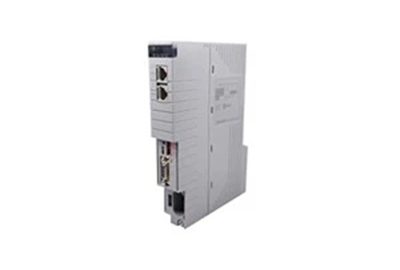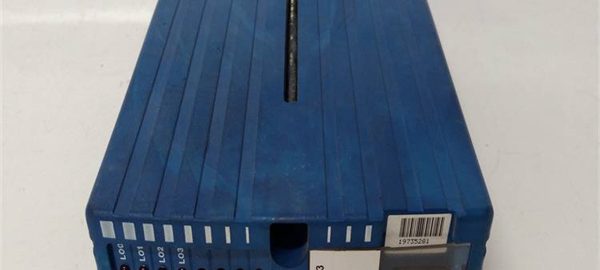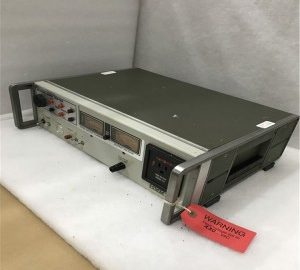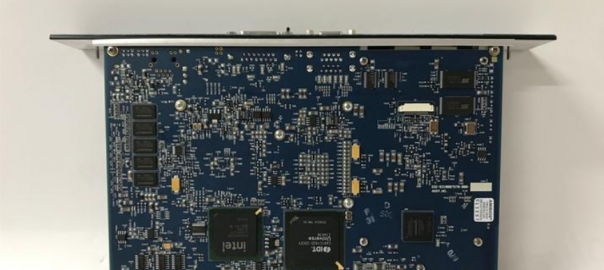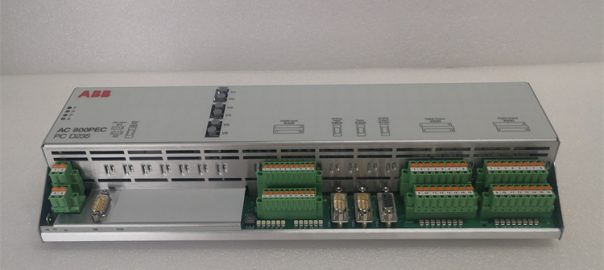DSSR122 48990001-NK algorithm to manage the system input application
Control theory is a field of control engineering and applied mathematics that deals with the control of dynamical systems in engineering processes and machines. The goal is to develop a model or algorithm to manage the application of system inputs to drive the system to the desired state while minimizing any delays, misses, or steady-state errors and ensuring a degree of control stability; Usually to achieve some degree of optimality.
For this, you need a controller that requires the necessary corrective behavior. The controller monitors controlled process parameters (PV) and compares them to reference values or point of comparison (SP). The difference between the actual and expected values of a process variable, known as an error signal or SP-PV error, is used as feedback to generate control actions that bring the controlled process variable to the same value as the set value. Other aspects studied are controllability and observability. Control theory is used to control the automation of systems engineering design, revolutionizing manufacturing, aircraft, communications, and other industries, and creating new fields such as robotics.
A type called block diagram is commonly used. In its transfer function, also known as system function or network function, is a mathematical model based on the input-output relationship of differential equations describing the system.
Control theory dates back to the 19th century, when the theoretical basis for the operation of the regulator was first developed by James Clerk Maxwell. [1] Control theory was further developed by Edward Rouse in 1874, Charles Sturm in 1895, and Adolf Hurwitz, who all contributed to the establishment of control stability criteria; Beginning in 1922, the theory of PID control was developed by Nicholas Minosky. [2] Although a major application of mathematical control theory in control systems engineering, it relates to process control of industrial systems, other applications go far beyond these. As a general theory of feedback systems, control theory is useful wherever feedback arises – hence, control theory also has applications in operations research in the life sciences, computer engineering, sociology, and psychology


